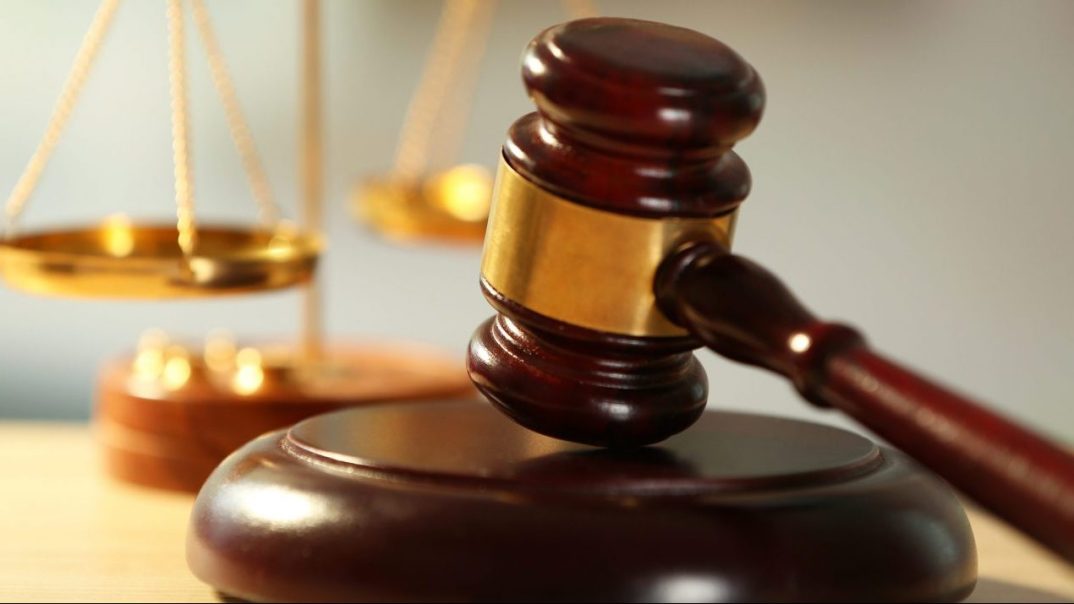L.A. judge rules in favor of transparency with police records
A judge in Los Angeles issued a ruling Tuesday that creates transparency when it comes to police records of shootings, use of force and misconduct

A judge in Los Angeles issued a ruling Tuesday that creates transparency when it comes to police records of shootings, use of force and misconduct, the Los Angeles Times is reporting.
The ruling issued by Los Angeles County Superior Court Judge Mitchell Beckloff involves records tied to internal investigations into police-involved shootings, severe uses of force and confirmed cases of sexual assault, the Times reported.
It comes as a blow to the Los Angeles Police Protective League, a police union that sought to protect the confidentiality of records tied to older incidents. Until last year, California had the nation’s most stringent law protecting police records, according to the Times.
READ MORE: Chicago prosecutor recuses herself from Jussie Smollett case
Beckloff’s decision comes about as a result of a case that included the Los Angeles Times, other news organizations and legal advocacy organizations.
“It’s a clear rejection of the core legal argument that police unions have been relying on for weeks now,” David Snyder, executive director of the First Amendment Coalition, told the news organization. “We are confident that as the courts continue to confront the unions’ tortured legal arguments, they will come down on the side of transparency and accountability.”
The league is among several unions in California that have sought legal redress to block the release of records from older incidents, according to the Times.
READ MORE: 50 Cent says NYPD cop “is not fit to be a commanding officer” after threat
Jacob Kalinski, a lawyer for the league and for Los Angeles Deputy Sheriffs, told the news organization that officer privacy is akin to attorney-client privilege. As an example, he said that it would be a problem if comments that clients made to their lawyers under the understanding that it would be private suddenly became public because of a change in the law.
The lawyer also said that police officers charged with wrongdoing made impactful decisions about whether to appeal their discipline based on their understanding that the details of their cases would always remain private, the Times reported.
